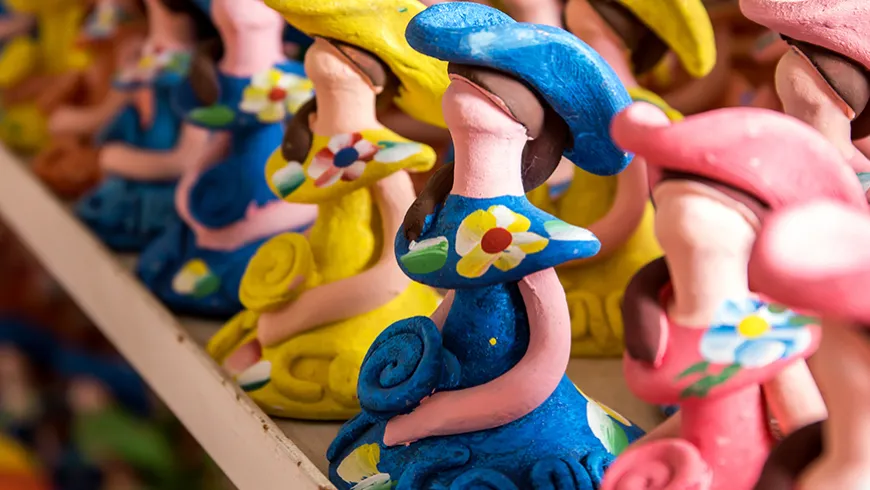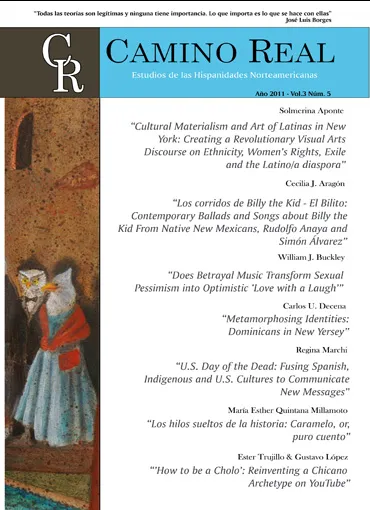
For more than ten years, Josefina Báez, born in the Dominican province of La Romana in 1960, has been exploring on stage the complexity of Dominican experiences in the United States. In Dominicanish, first performed in 1999 and published as a performance text in 2000, Báez’s persona embodies the struggles of migrant communities seeking to come to terms with their dislocated sense of identity. Through a rich combination of multiple textual and visual art forms, playfully intermingling elements from different cultural systems, Báez is able to create an inspiring piece of work that far transcends traditional approaches to the formation of ethnic communities and identities in glocalized environments. Drawing theories on post-colonial and diaspora studies, and on the concept of transculturation as developed by Latino/a and Latin American Cultural Studies, this paper seeks to bring to light the myriad ways in which the textual and corporeal elements in Dominicanish put forward a nuanced understanding of the contingent nature of spatial identities and its ever-changing nature. In the process, notions of home and belonging, linguistic and cultural exclusivism, and racial, gender and ethnic rigid articulations are challenged, exposed and reframed. Báez’s performance practice thus becomes a powerful tool to combat assimiliationist praxis in global localities.


